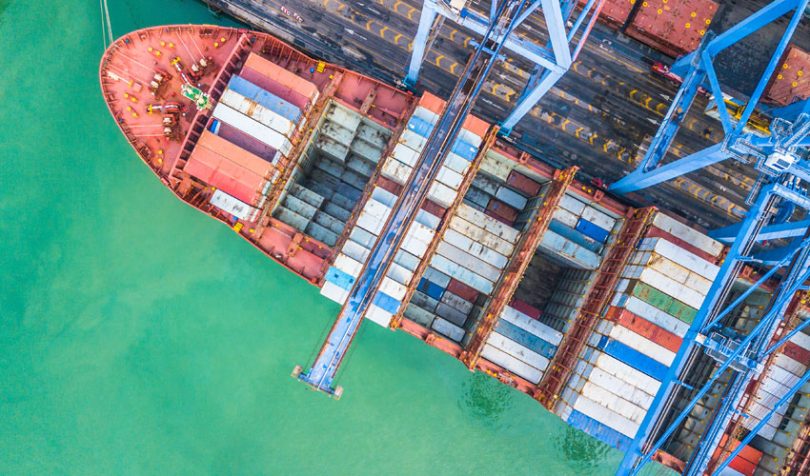Today the International Chamber of Commerce (ICC) released its 2020 ICC Global Survey on Trade Finance. A key finding is that 86% of respondents said supply chain finance is an immediate or near term priority. When it came to digital, 84% of replies had the same answer.
Of the almost 350 banks surveyed, 145 were global banks. 10% of these global banks said they transacted $10 – $20 billion of trade finance via blockchain or digital ecosystems.
In terms of responding to COVID-19, asked if the pandemic had spurred a rollout of digital solutions, 54% of global banks said it had. The big surprise is that Asia Pacific was the region with the lowest new deployments at 38%, with all other regions above 50%. However, it’s conceivable that Asia was already more digital.
Importantly for the COVID-19 state of play, the survey was conducted between February and March this year. At that stage, banks were experiencing declines in trade finance of 0-10% for Q1 with declines of 20-30% from original forecasts expected for the year. The respondents biased towards Asia Pacific (30%) and Western Europe (32%), with just 5% headquartered in North America.
With respect to digitization, there is a divide based on scale. 83% of global banks have a digital strategy compared to 46% of regional banks. It might be inferred that the cost of implementing technology is a significant factor, given that 59% of global banks believe digitization will reduce costs compared to 25% for local banks and 32% of regional banks.
The report concluded that this disparity could be a driver of further consolidation in the sector.
Digital trade is seen as a key enabler to address the so-called trade finance gap by providing financing for smaller business. Transitioning to digital was also mentioned as the number one (77%) enabler for banks to grow their trade finance business. And 97% of banks plan to expand in this area.
Five issues stand out in terms of obstacles to providing trade finance, dominated by compliance requirements. Top of the list is anti money laundering (AML) and know your customer (KYC) requirements cited by 84% of respondents. That is closely followed by 79% for counter-terrorism and international sanctions. Next was high transaction costs or low fee income. We’d add an observation that those transaction costs are partly a consequence of regulation.
The fourth barrier is Basel capital requirements, and the fifth is protectionism and trade restrictions.
The survey was produced in conjunction with Boston Consulting Group (BCG), TXF, SWIFT and the Asian Development Bank (ADB).






